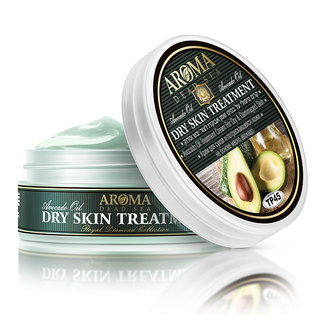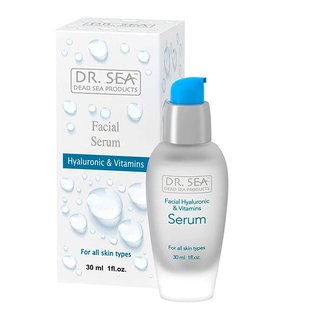
Sensitive Skin
Characteristics
Sensitive skin can occur with all skin types. It can be congenital, but can also arise over the years through the use of cosmetics that are not adapted to your skin type, your lifestyle (stress, smoking, nutrition) or through harmful external influences (climate, pollution , excessive sun exposure). If you suffer from sensitive skin or if your skin is easily irritated, it can be painful and your skin can often be restless, for example after contact with water or as a result of stress or changes in the climate.
There are different types of sensitive skin, all of which respond strongly to certain factors:
- Intolerant skin
- A skin that easily turns red
- Dry or dehydrated skin
Sensitive skin is not necessarily the same as allergic skin. It naturally reacts strongly to certain external influences. This has to do with the irritability of the nerve endings in the skin. Depending on the type of skin, the sensitivity can manifest itself in different types of reactions: irritation, pulling, itching, a heated and/or burning sensation, sometimes in combination with redness.
The causes of these reactions can be different:
- the living environment: heat, cold, wind, sun, large temperature fluctuations and air pollution can lead to a stimulating, burning sensation, redness and heating.
- contact: apply a product of which a certain ingredient is poorly tolerated, contact with very hard water or certain textiles can cause unpleasant reactions: itching, irritation, pulling or redness.
- delicate blood vessels: if the walls of the blood vessels are very brittle. All this under the influence of certain external factors, such as temperature fluctuations, or internal factors, such as spicy food or alcohol. Heat impulses, redness and a heated feeling.
Care
With sensitive skin it is important to use products that stimulate and irritate the skin as little as possible. Use products without synthetic fragrances, colorants and preservatives. If your skin was used to synthetic products, it may be that the switch to a natural alternative takes some getting used to. The skin needs to adjust and it may seem as if the symptoms are getting worse, but this is temporary and positive in itself. This is because the skin has to remove waste and the metabolism has to start again. So do not be discouraged if you do not see immediate results; it is part of the process. Give your skin around 4-6 weeks to find a new balance.
- Cleanse gently: it is best to cleanse sensitive skin without water. The combination of a milk and a toner is ideal for this purpose.
- Serum: all our serums are suitable for sensitive skin.
- Day cream: day creams for sensitive skin.
- Night cream: Carrot 24H face cream or the avocado cream.
- Wash with Dead Sea salt: many people are deficient in magnesium, which also affects the skin. By washing with Dead Sea salt, you serve minerals to the skin regularly and evenly, improving the condition of the skin and health in general.
General advice
- Be careful with makeup: makeup can also contain substances that irritate your skin, so read your labels carefully.
- Watch your diet: Drinking plenty of water will keep your skin well hydrated and support the organs that purify your body. In addition, opt for healthy, where possible organic food products such as vegetable oils and fats (from, for example, cold-pressed olive oil, avocado and coconut oil), proteins (from wild fish and organic meat, among other things), vitamins (and in particular vitamins A, C and E) and minerals (especially iron, zinc, calcium, phosphorus and magnesium).
- Avoid extreme weather conditions: Exposure to excessive sunlight and heat, strong wind, and very cold temperatures require extra efforts from the skin, which can cause it to become unbalanced. If you cannot avoid this, ensure adequate protection.











